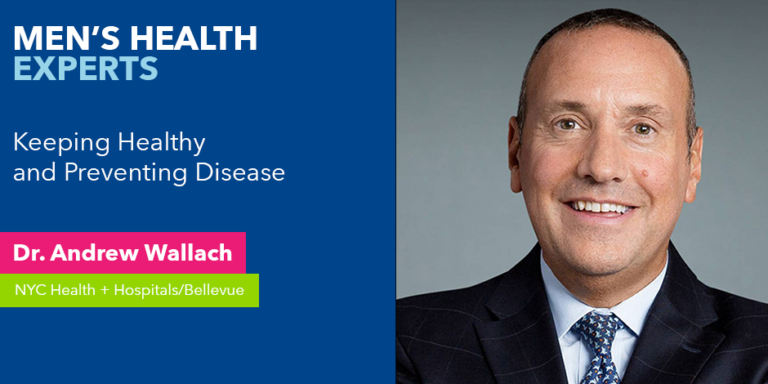7 Tips to Avoid Stress

There are emotional and behavioral consequences of stress that can make it difficult to perform your daily routine. These include anxiety, depression, fatigue, becoming aggressive, unmotivated, or withdrawn, and difficulties with problem-solving and concentration. There are also physiological consequences of stress including headaches, nausea, and palpitations.
So, how can you avoid stress and assuage the negative social, emotional and physical consequences of it in the process?
Here are some tips:
- Take care of yourself.
Avoid drugs and alcohol as they can add to stress. Eat a well-balanced diet, get enough sleep, and exercise on a regular basis. - Engage in self-relaxation.
Try muscle relaxation, breathing or meditation exercises, prayer, yoga, or swimming to reduce stress. Spend time with nature or listen to quiet music. - Take breaks when needed.
Especially at work, taking breaks can help you re-organize and re-energize your thoughts and focus. This will help you do your work and maintain productivity. - Seek out social support.
A partner, family member, friend, counselor, doctor, or clergyperson can help lighten your mental load. - Connect with others socially.
Spending time with loved ones and doing fun things can help ease the stress. - Maintain a normal routine.
Get up in the morning and go to bed at night each day at the same time. Eat three meals daily. - Give back to others.
Sometimes channeling your energy into giving – like doing community service or helping a neighbor or a friend – can channel your energy in positive ways.
Article contributed by Joyce Wale, Senior Assistant Vice President, NYC Health + Hospitals Office of Behavioral Health
- If you are feeling overwhelmed by stress and unable to maintain your normal routine, you may want to seek help from a mental health professional. Call an NYC Health + Hospitals health care system hospital or health center to schedule an appointment.


